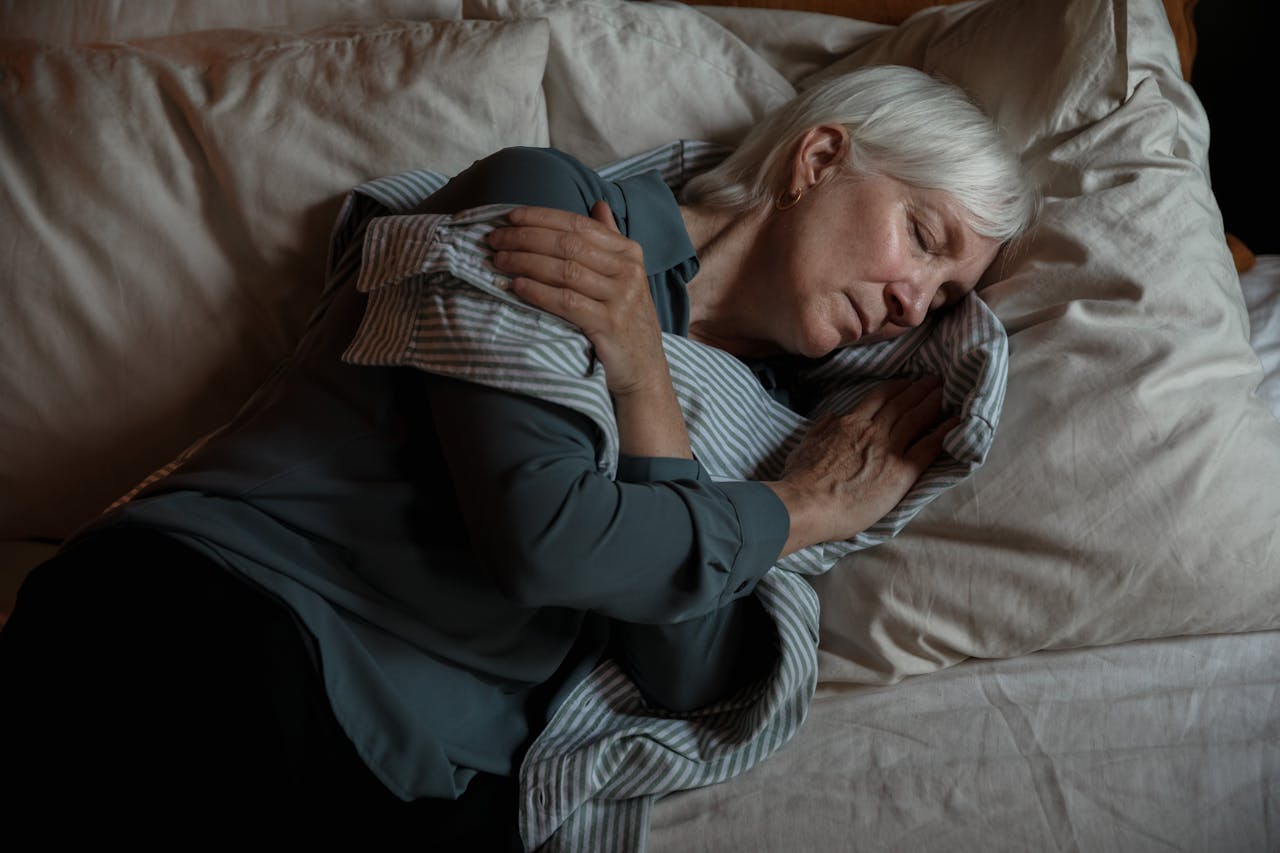
May 29, 2024
Nights are understandably the most difficult time to take care of a patient. One would think that the patient will most likely just be asleep, but the truth is far from that. Truth is, caring for a patient doesn’t really just stop after 5 pm. And sometimes, there’s where even the real job startsDuring these nights, the patient might be difficult to handle. It could be because of what the patient is going through. And it’s because of these, waking night patients are patients that require continuous care and support.
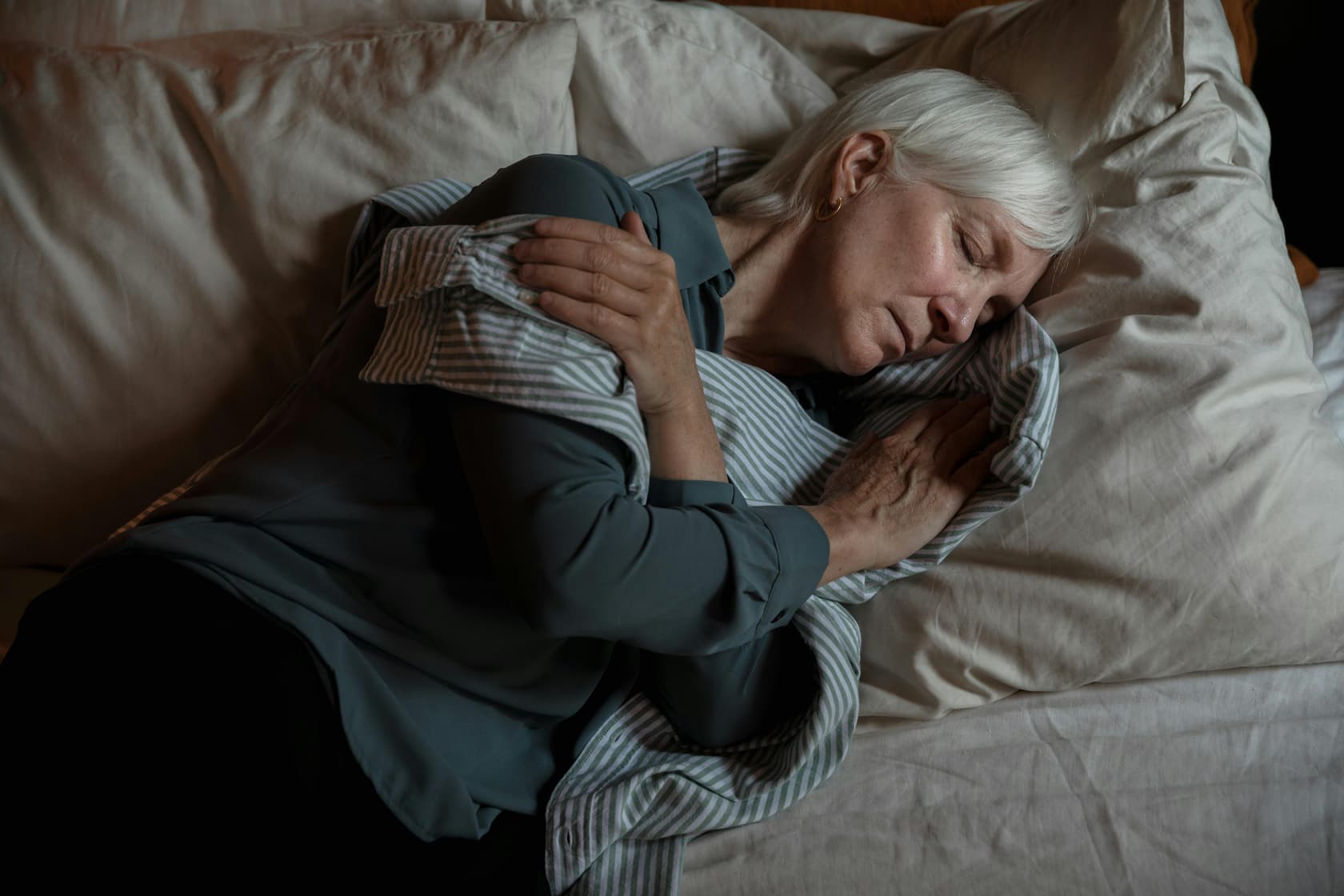
August 7, 2024
With Waking nights care, a carer would be awake and on duty through the night. These specialized carers are ready to provide care and support necessary, especially if the patient is the type to wake up every now and then in the middle of the night and would require frequent assistance. Of course, the job doesn't come with misconceptions. Oftentimes, Waking Nights care is often riddled with confusion, hence it's time that we shed some light on some myths and confusions that surround the topic and bring the reality to light.

November 27, 2024
As an establishment that operates professional domiciliary care services, we've seen first hand how Waking Nights services are valued especially for individuals that require dedicated overnight support. This arrangement requires the carer/caregiver to stay awake and alert for the entire night, providing their active support and assistance to the patient ensuring peace of mind and service for their clients and families through continuous care and supervision. This service has also proven to reduce the risk of night time accidents or medical emergencies. During a waking nights shift,…
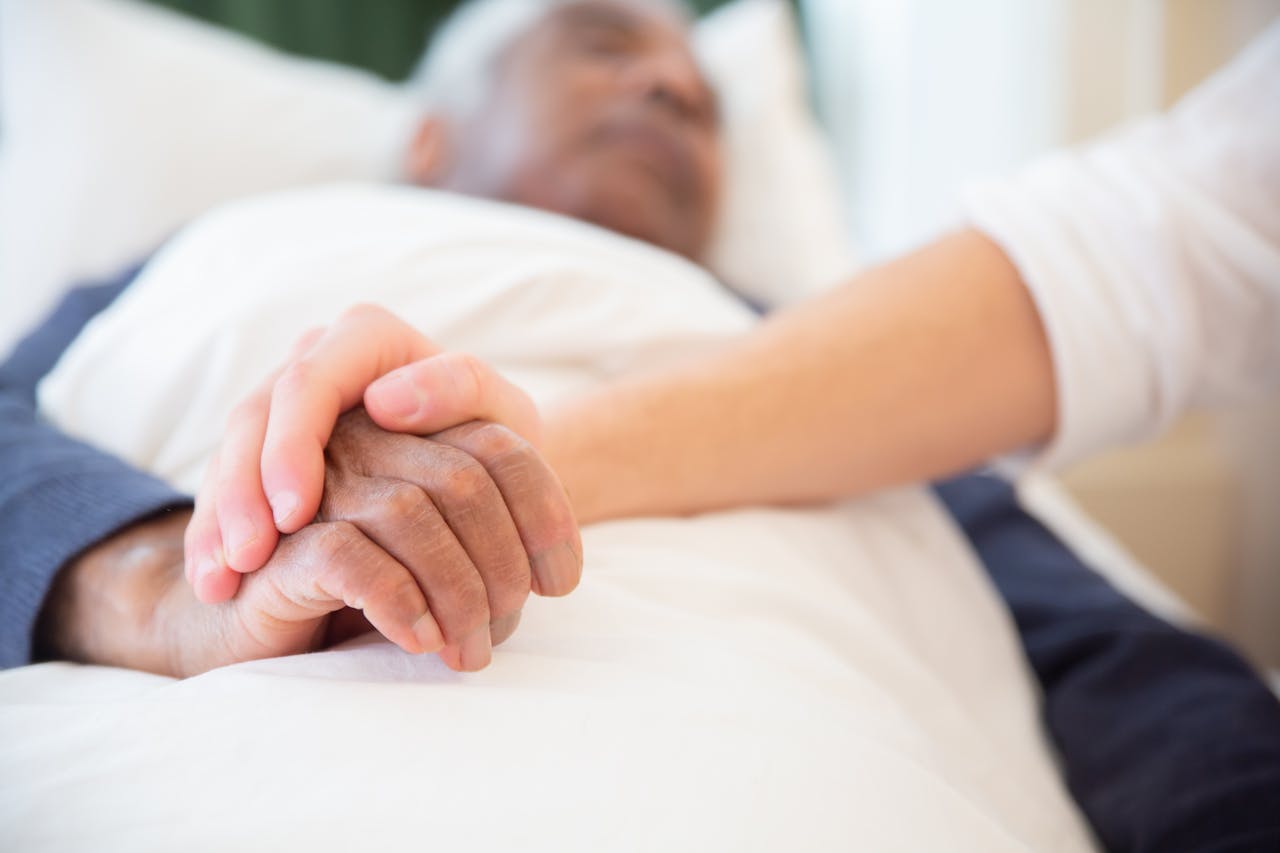
May 29, 2024
Giving care towards a patient is hard work. Whether you are a trained professional, or a family member, providing care is one of the most taxing responsibilities. Trained carers and professionals that provide these services even avail respite care services to temporarily relieve themselves of these duties. As everyone knows, not even professional carers work around the clock 24/7. Respite care is a service that provides temporary relief for a caregiver that is currently taking care of a patient. This will…
.jpg)
December 11, 2024
Caregiver burnout is a significant challenge that affects both professional and non-professional caregivers alike. This psychological condition impacts their overall performance, often leading to physical and mental exhaustion. Caregiving, by nature, is a demanding and emotionally taxing responsibility. Without adequate support or periods of rest, even the most experienced and well-trained individuals are vulnerable to burnout.Recognizing Caregiver BurnoutIf you are a caregiver, whether professional or non-professional, or someone who has hired a caregiver to support a loved one, it is essential to recognize the early signs of burnout.…

May 29, 2024
Transitional care is aimed at giving aid to a patient that has recently started their recovery process outside of the hospital. Most patients that go through this recovery phase seek care in order to improve their recovery. To ensure a smooth transition and the best optimal recovery outcomes, caregivers are required to be well prepared and attentive to the patients' needs.The Responsibilities of a Carer in taking care Preventing…
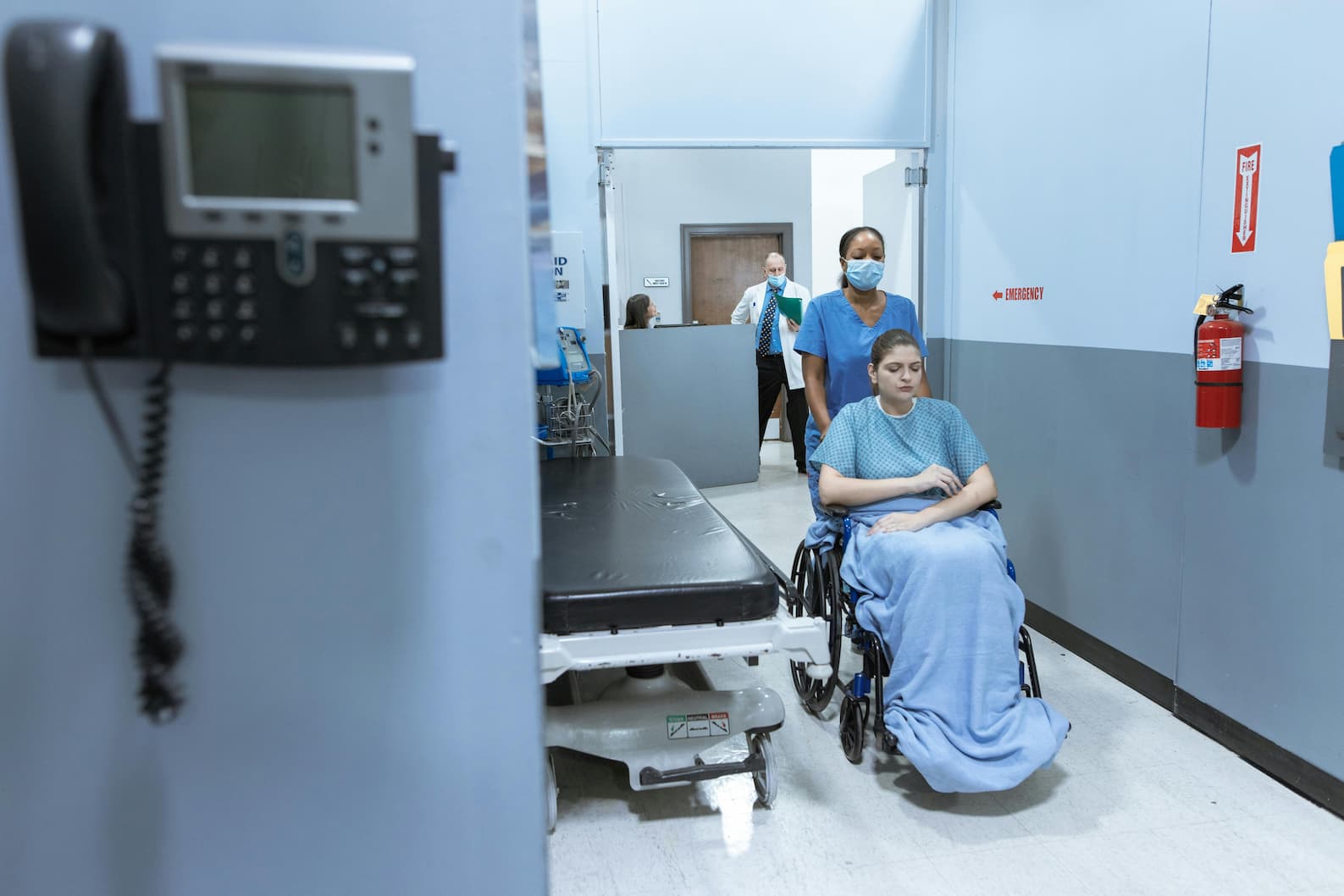
August 7, 2024
Post-Hospital care or Post-Acute care is the transition from a hospital to a home care or a different care setting. This usually occurs when a patient is discharged and cleared by their doctors that they are fit to leave the hospital. Though that being said, being discharged from the hospital does not mean that you are out of the woods yet. Being discharged from the hospital means that you are not in immediate danger of needing drastic immediate medical attention. However, recovering after being hospitalized still has…
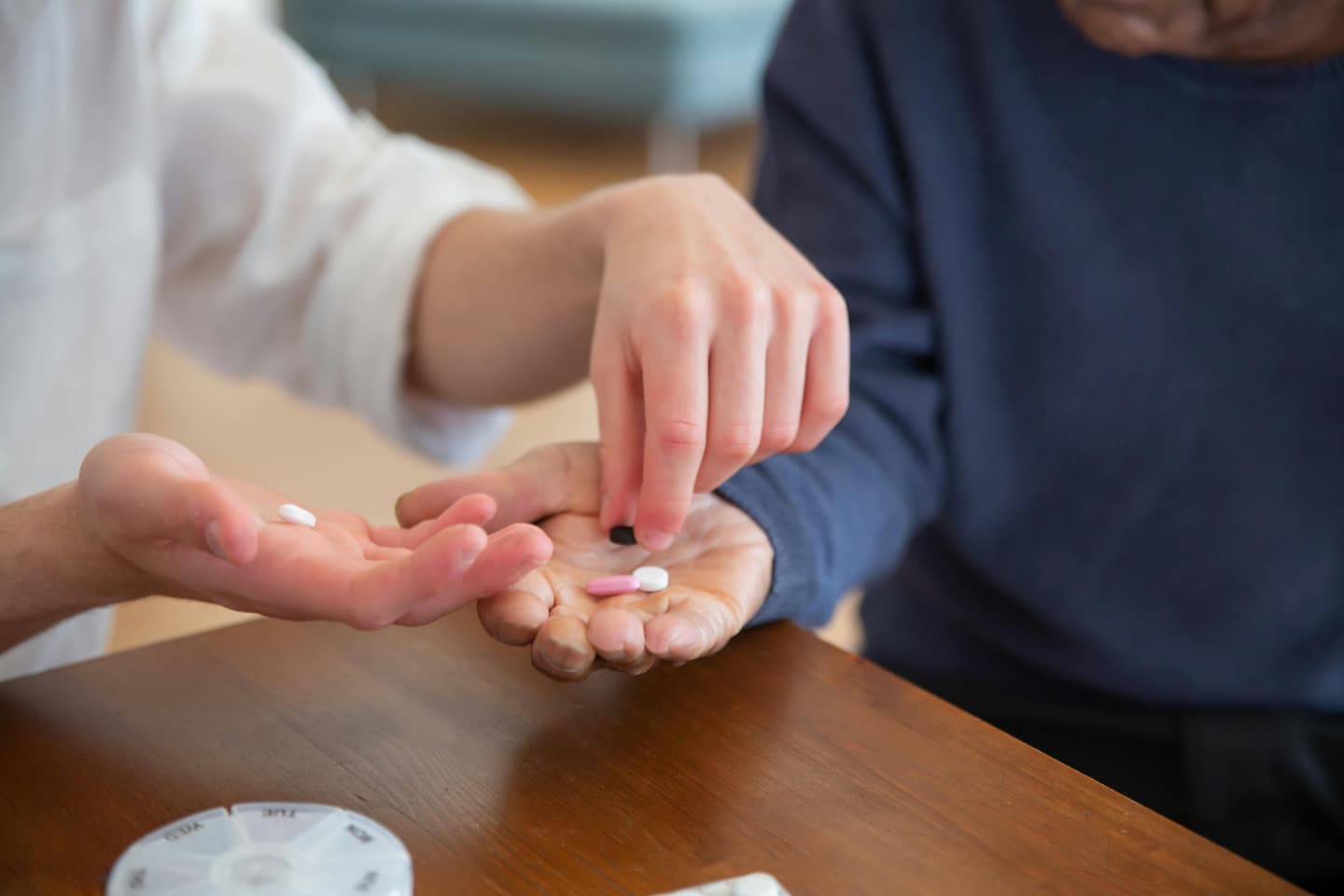
August 9, 2024
The delicate process in transitioning from Hospital care to home care is one of the most nerve wracking experiences for a good amount of the people. This is a time where the people around the care beneficiary are nervous and are on the lookout for things that could go wrong. People are nervous, yet want to deliver the best they can, sometimes even wanting an expert to handle it so as to not stress themselves out too much. Because of this, carers are often hired in order to ensure that this transition and the recovery phase…

May 29, 2024
There is a lot of confusion between Hospice care and Palliative Care. Understandably so, these two things are typically correlated together through the same niche. Both are having to deal with patients that have terminal illnesses that affect their lives on a day-to-day basis. Hospice CareA Hospice care service is a form of medical care. This is commonly taken by those with serious illness, often terminal. In this service, a trained team of professionals will be brought up…

June 20, 2024
Palliative can be a really emotional moment for both the patient and the patient’s family as they go through this phase in their life. Most often enough, emotions are high as the patient undergoes their trying moment, and their family being beside them. Palliative care. As tackled before, Palliative care is a type of home care that focuses on taking care of a patient with a terminal illness. This type of care provides support, comfort, and assistance as the patient receives treatment of their illness. In Palliative care, patients are…
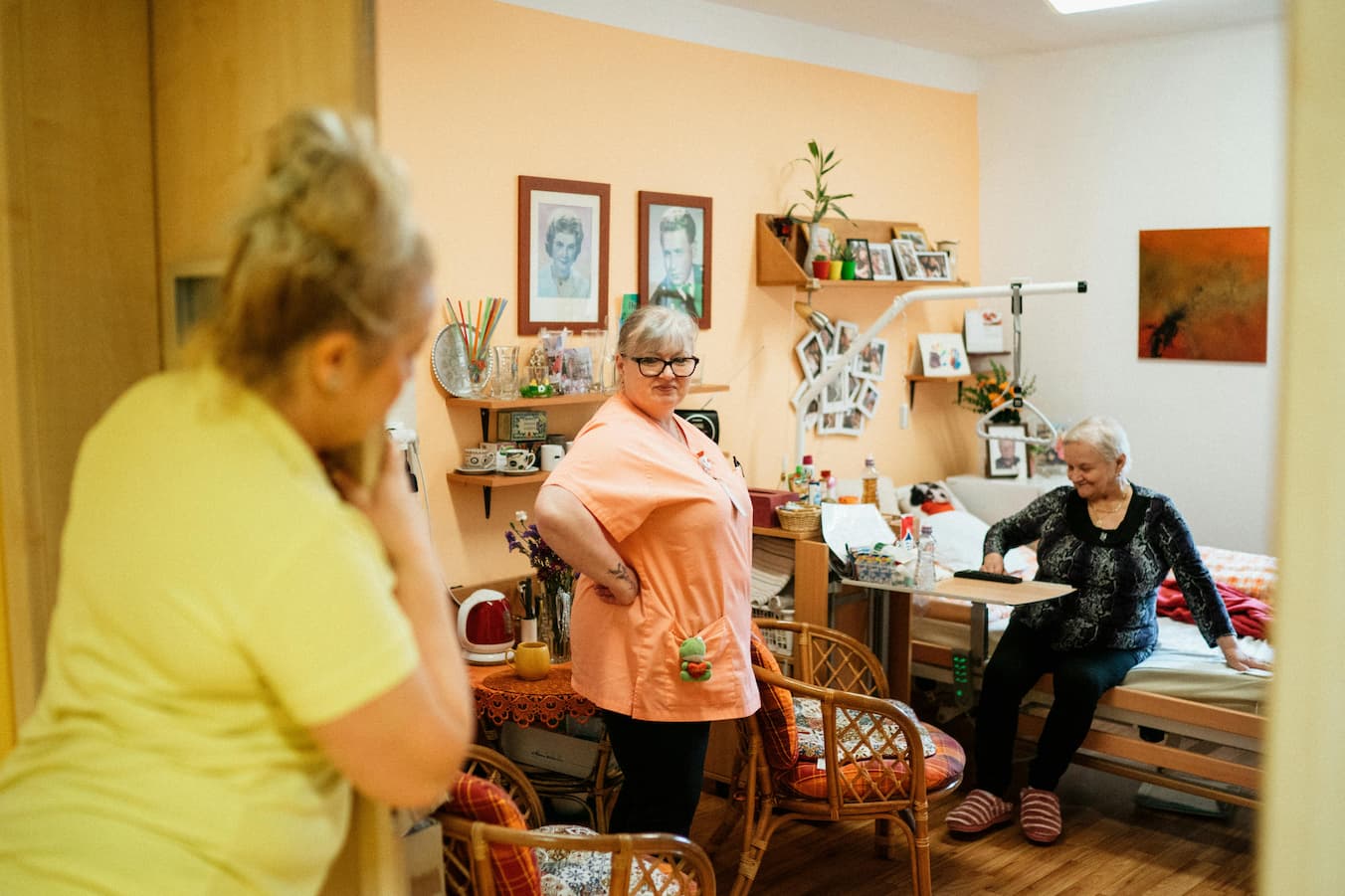
August 7, 2024
Palliative care is a compassionate approach to giving care and support for those with life-limiting illnesses. This type of care is focused on providing relief from symptoms and at the same time improving the quality of life for both patients and their facilities. In a Home care setting, it creates a holistic approach that the patients will have comfort and support in their own familiar abode. Palliative care follows a set of principles and practices that highlights its significance in enhancing the well-being of…

December 6, 2024
Palliative care focuses on enhancing the quality of life for patients and their families facing the challenges of life-threatening illnesses. These challenges can be physical, psychological, social, or spiritual. Conditions like cancer, heart disease, and neurodegenerative disorders are among the most common cases where palliative care services are sought.As healthcare evolves, palliative care has also embraced new trends and innovations, with telemedicine emerging as a significant advancement. However, like any innovation, telemedicine has its share of advantages and criticisms. Let’s…
.jpg)
December 20, 2024
Patients in Palliative and End-Of-Life care can experience a wide range of complex emotions and feelings. Every single patient has a rather unique emotional journey, but a lot of them feel the very same challenges such as fear, anxiety, loneliness and frustration. Understanding these emotions is vital in providing meaningful care and comfort. Below, we outline these feelings for you to understand how a caregiver addresses them. Common Emotions Experienced by PatientsFear and AnxietyPatients may fear the unknown, worry about their condition worsening,…
.jpg)
December 13, 2024
One of the services provided by domiciliary care establishments are On-call night services. These services primarily cater to the needs of individuals, requiring intermittent or occasional assistance during the night. Because of this, On-Call night services play a pivotal role in reducing hospital admissions and emergency service usages for care patients. Here is an exploration of the impact.Early Intervention in Emergencies.Having immediate access to care givers with the ability to assess and…
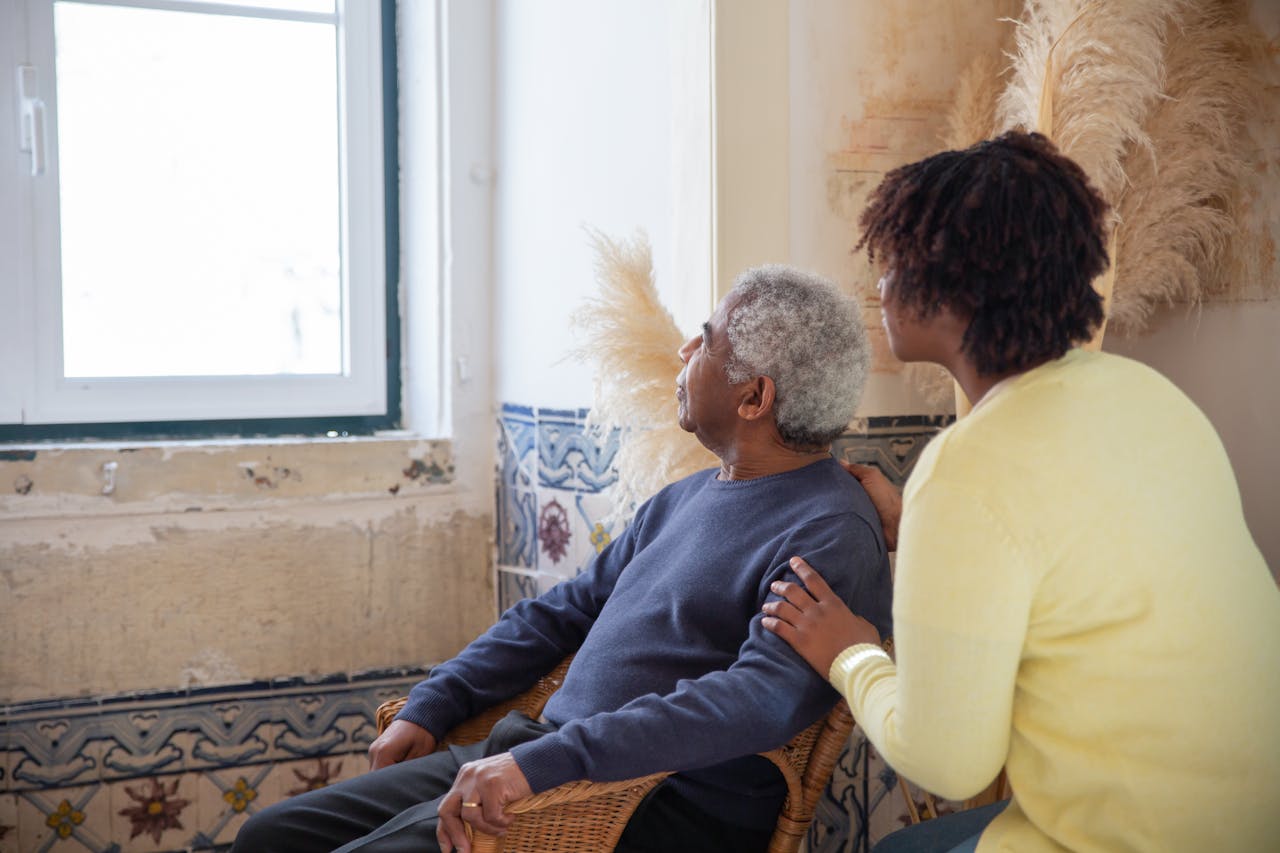
May 29, 2024
Live-in care services involve a caregiver residing in the patient's home to provide continuous care and assistance with their daily activities. This option is chosen when patients prefer to stay at home rather than move to a care facility due to various reasons, such as not wanting to inconvenience their family members who have busy lives.Choosing between live-in care and a care facility can be a tough decision. While the idea of moving to a care facility may seem daunting, especially when your home offers comfort and familiarity,…
.jpg)
January 7, 2025
Personal hygiene is a vital aspect of everyone’s life, regardless of age or gender. Staying clean and maintaining proper hygiene not only boosts self-esteem but also protects us from diseases and illnesses that can disrupt our daily lives.For older adults, maintaining personal hygiene is even more critical. It plays a key role in preventing health complications and improving their overall quality of life.This is particularly true for older adults receiving home care. Their medical conditions or physical limitations often make it difficult for them to manage personal hygiene independently. Mobility challenges,…

August 7, 2024
In taking care of a patient at home, there will always be times where you feel like you're overwhelmed with the amount of stuff that needs to be done. Daily activities, sometimes even tasks that need to be done at night, taking care of a patient is quite an undertaking. And quite frankly, there is only but so much one can do. Of course, there is no need to be overwhelmed with the amount of work that needs to be done. Domiciliary Care services also offer an extra pair…
.jpg)
January 13, 2025
According to the World Health Organization, 5-8% of people aged 60 and older live with dementia. Dementia is a cognitive illness that is commonly associated with loss of memory and other thinking abilities that are enough to get in the way of their daily lives. Dementia is often mistakenly referred to as "senility" or "senile dementia," terms that inaccurately suggest it is a normal part of aging. In reality, dementia encompasses a range of symptoms primarily affecting a person's cognitive abilities, such as tracking time, recalling recent events, and even remembering meals. These…
.jpg)
January 15, 2025
Imagine this scenario: You’re caring for an elderly person who has made remarkable progress in regaining their independence. They can sit, walk, and handle daily tasks, albeit with some difficulty. Everything seems to be going well on their journey to reclaim autonomy—until one day, they take an unexpected fall.In domiciliary care, such incidents, while unfortunate, are sometimes unavoidable. Perhaps the person overestimated their abilities, eager to push their limits in pursuit of independence. Or maybe they simply attempted something new, not realizing their body wasn’t quite ready for it. After all, one only discovers their limits by testing them.Regardless of…
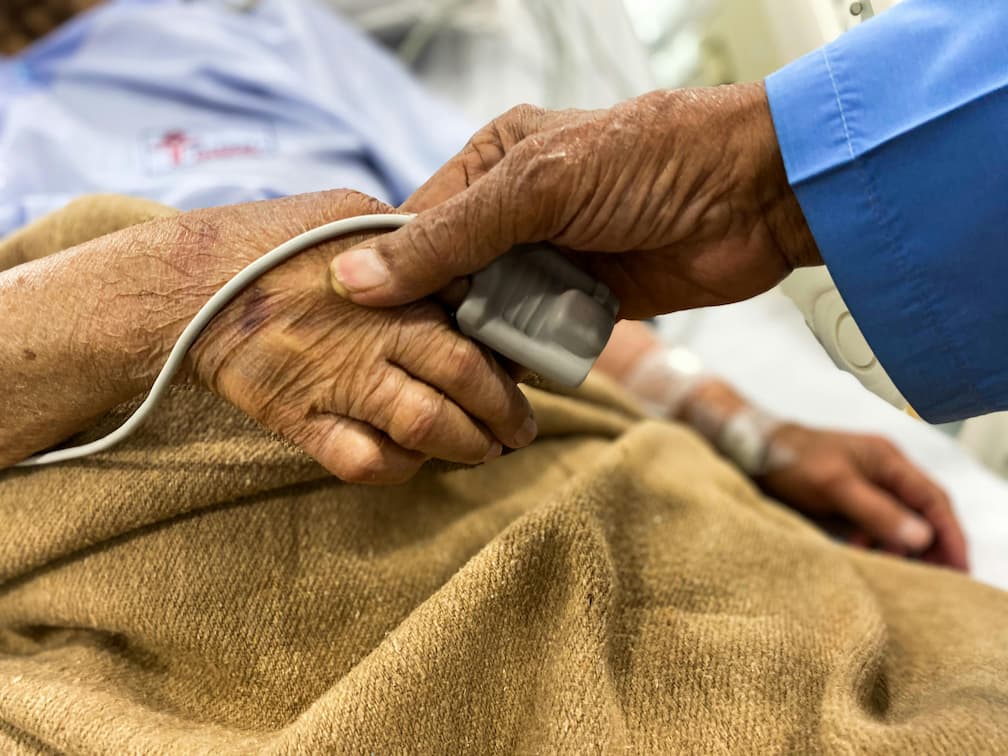
August 8, 2024
Terminal Illness is a dreadful thing. And in its final stages, it will become very apparent that despite the care, attention and treatment provided, the care beneficiary will eventually approach the end of their life. During this time, palliative/end of life care services are provided which helps to manage the care beneficiary's pain and other symptoms as well as provide the support the family needs regarding their patient.Carers often find this stage of their patients' life to be a challenging time. THey may experience a…
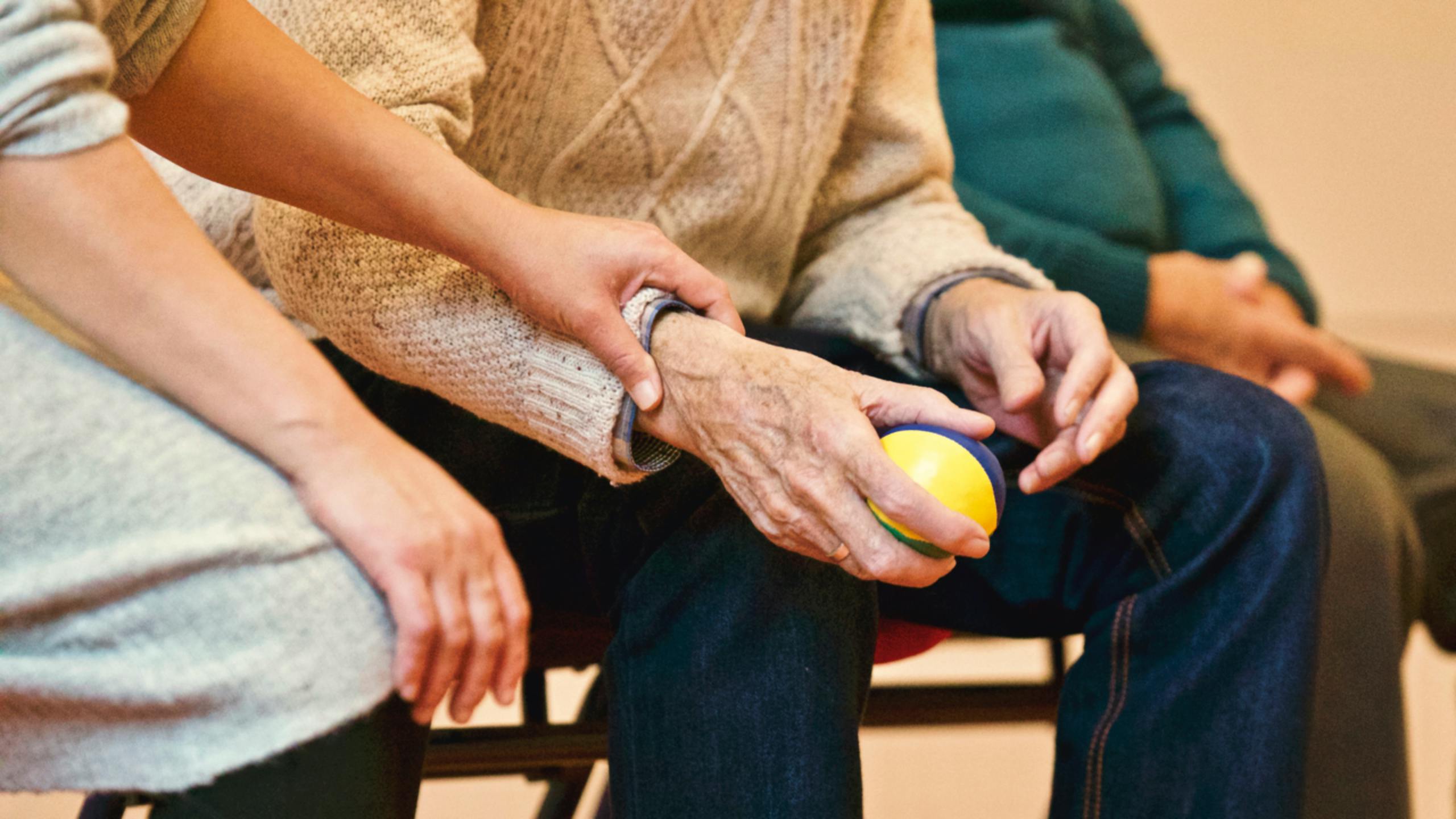
May 22, 2024
Domiciliary care as established is a care service that allows the receiver to receive care from the safety of their own home. Under this brand is a variety of services catering to which kind of care is provided to the receiver, assisting in day-to-day tasks to properly sustain themselves back into complete independence. These home care services provide a number of advantages for individuals that may need help with their day-to-day living, and prefer to live within the confines of their own familiar home. These are: In-Home comfortA domiciliary care service…
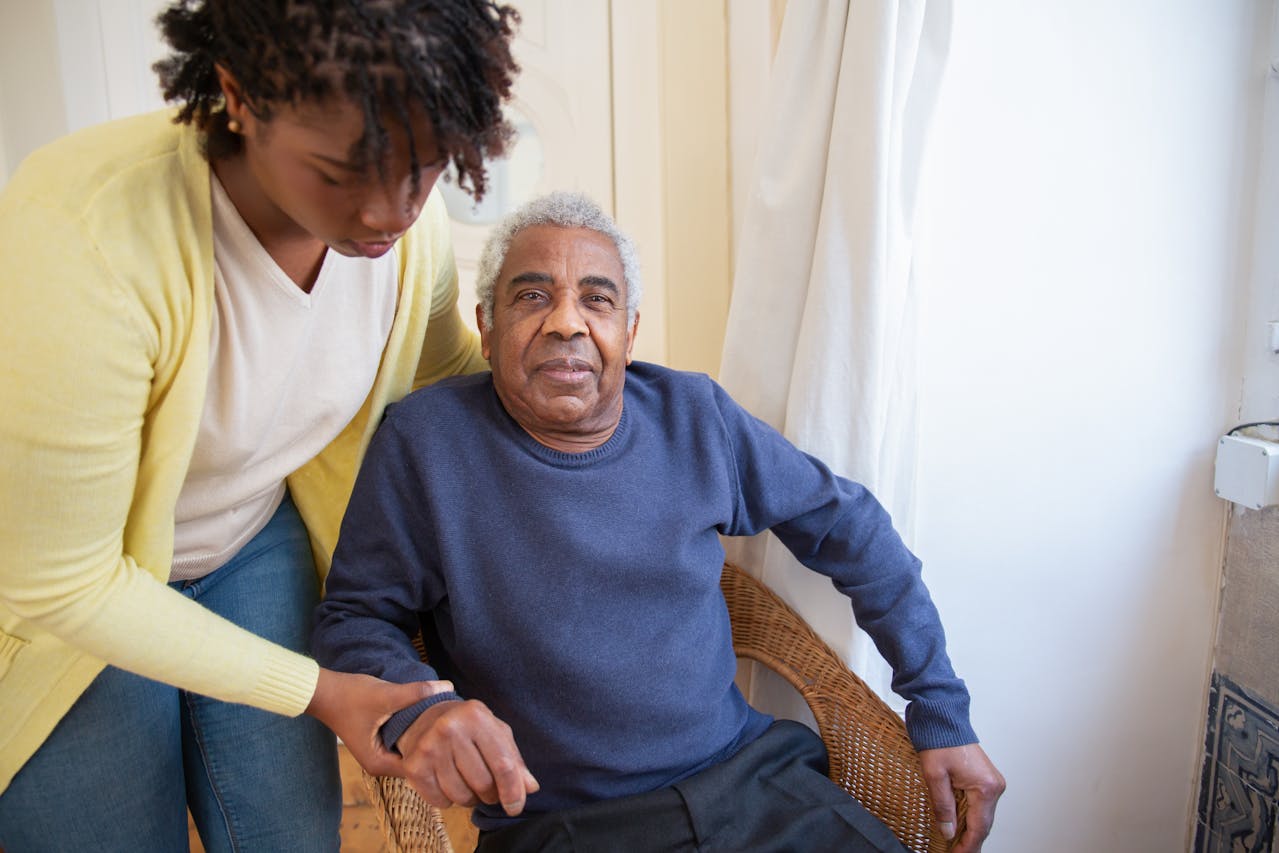
May 29, 2024
Taking care of someone with special needs is a difficult task. Oftentimes, the consideration in between Care home and Home care is often brought to the table. The choice in choosing depends on the state and decision of the patient. Today, we talk about choosing between availing a Care Home and Home Care service for your patient. Care HomesCare homes are a type of service that provide care and support for patients that need assistance due to varying…

June 18, 2024
Domiciliary Care as a service focuses on caring for patients that are in need. The service takes place at the safety and familiarity of the client’s own abode. With assistance from the carer, the patient can gain their confidence and independence back. However, there is some confusion over Home caregivers and home health services. And understandably so. People only know that you can hire someone who can take care of their loved one in their stead. But not much in the way of understanding the difference between the two.
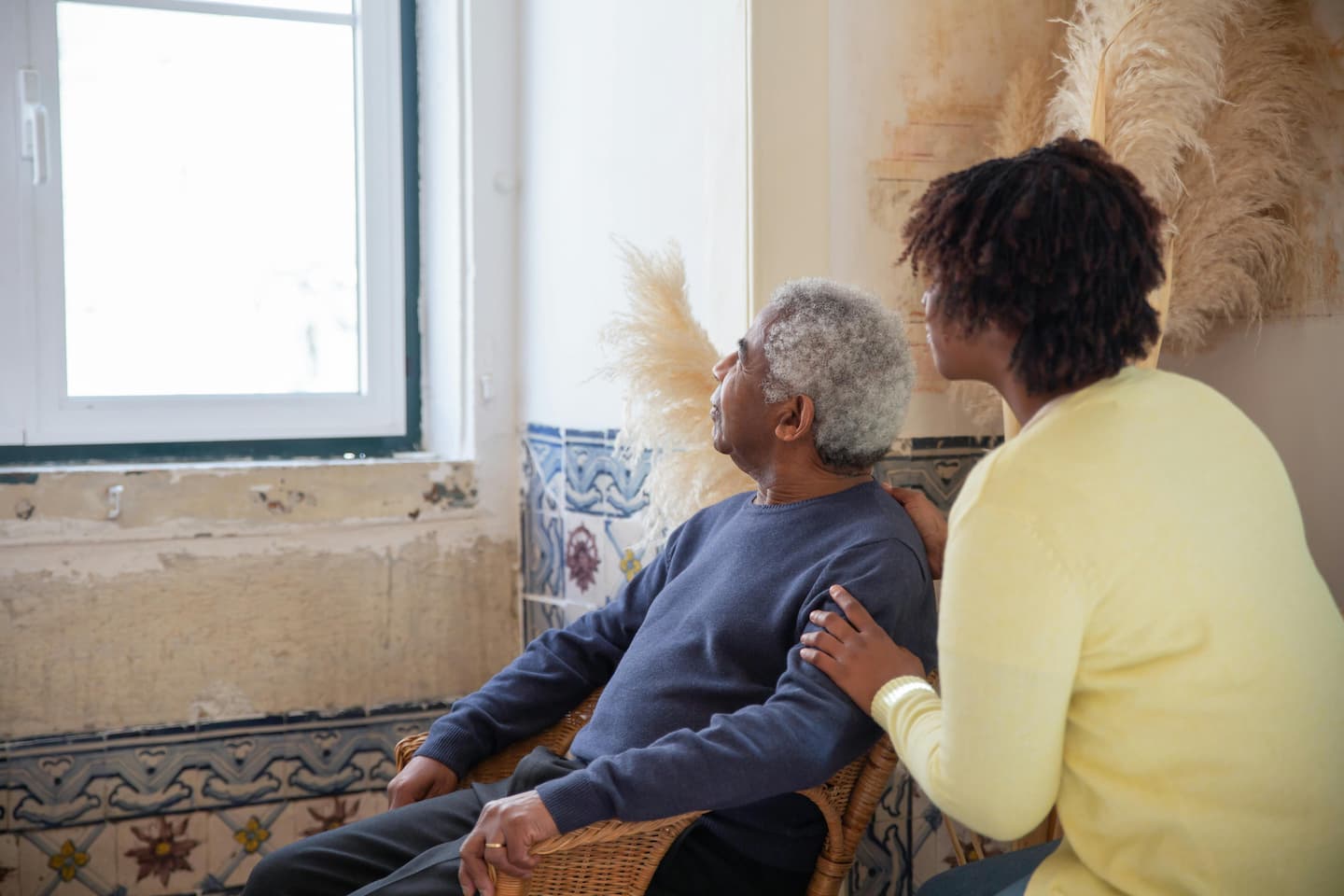
June 19, 2024
Preparing a home for home care can certainly help your patient on their way to recovery. Whether it’s your home, or the home of the patient a well prepared home can guarantee the safety of both the patient and the carer as they go through with either being assisted, or providing assistance. There are numerous ways to prepare your abode ready for home care. From simple bars to grab on to, even just setting aside tripable cables out of the way can easily make your patient’s living space more…

August 5, 2024
In Domiciliary Care/Home Care, taking care of your patients is your primary responsibility. From medicine, pain relieving, meal preparation, etc. But, did you know that there are small changes that can be made that can create big ripples and large impacts in the way of optimizing the experience for both the carer and patient? Here we talk about the changes that you can make to enhance the experience of both the carer and patient. The Living Space. The first thing you can do in making…

August 7, 2024
Finding the correct balance in providing support and allowing independence is a good trait that a carer must have. For the carer, it is understandable that you wish to provide all the care you can, but for the patients, regardless of what they may be going through, might want to be independent and be able to do stuff on their own.

August 7, 2024
For a patient, a daily routine introduces familiarity into their everyday lives. In a way, this creates a level of expectation where they will be mentally prepared for their dayahead. As a carer, you will be responsible for the daily routine, setting it up in such a way that it is convenient and easy for them to adapt without tiring them out completely and keeping them both physically…

August 7, 2024
Communication is one of the most vital aspects when giving, or receiving care. If you’re someone who’s on the receiving end of care, communication is going to be your primary method to ensure that you’re getting the proper care and attention that you deserve. Effective communication has shown to have a positive impact on the patients’ well being, allowing them to live healthier, satisfying progression as they go through the transition of gaining independence through home or domiciliary care. For the carer, it is important to establish effective communication methods with…
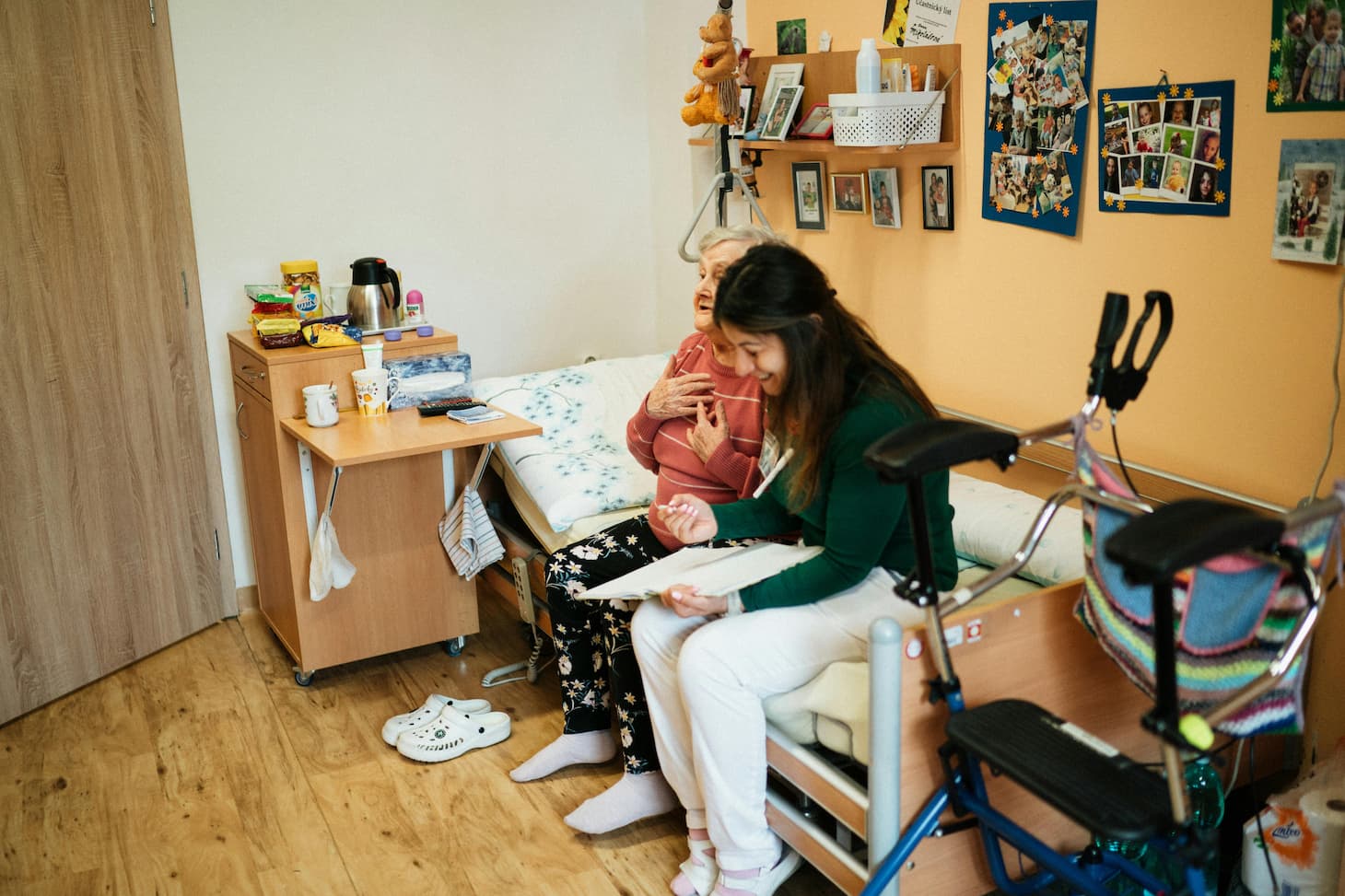
August 8, 2024
Humans are social creatures, regardless of what age they may be. Interpersonal connections are incredibly important and forming bonds towards one another is what propelled society as to what it is today. Humans as social beings crave social interaction, to be able to communicate themselves and generally work better through cooperation and communication. Social Connections also play a role in home care services. They promote healthy behaviors and mental stimulation, especially among the elderly. Senior care facilities often end up having these problems as many seniors often miss seeing…
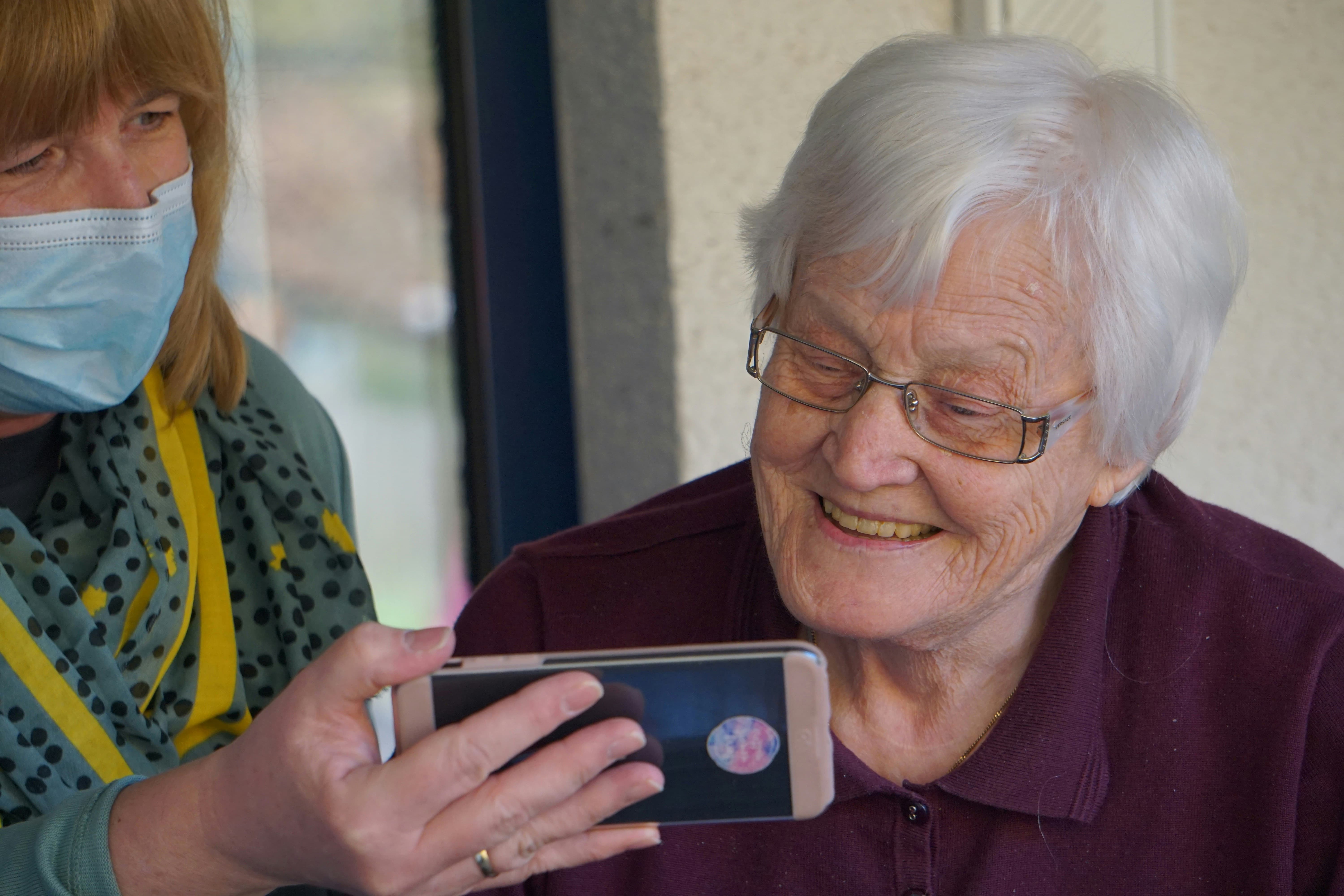
August 8, 2024
Live-in domiciliary care is a personalized care solution for individuals who need constant assistance and support but wish to remain in the comfort of their own homes. In a live-in care setting, A professional caregiver would live-in as the name suggests with the care recipient in their home, providing round-the-clock care, assistance with daily activities, medical needs and companionship. Live-in domiciliary care is a valuable option for individuals who need continuous support but wish to maintain their independence and live in their own homes. This form of care is…

November 22, 2024
Aging is inevitable. And as people grow older, they become more frail, and oftentimes also experience cognitive decline. With age, people will eventually have to end up requiring assistance in performing everyday tasks. While some might appreciate this, some might be less so and might get angry as soon as you provide help. You may see other signs such as being forgetful and or missing medical appointments. Having difficulty in mobility or experiencing frequent falls, or having emotional changes like having withdrawals, having signs of depression, or them having…
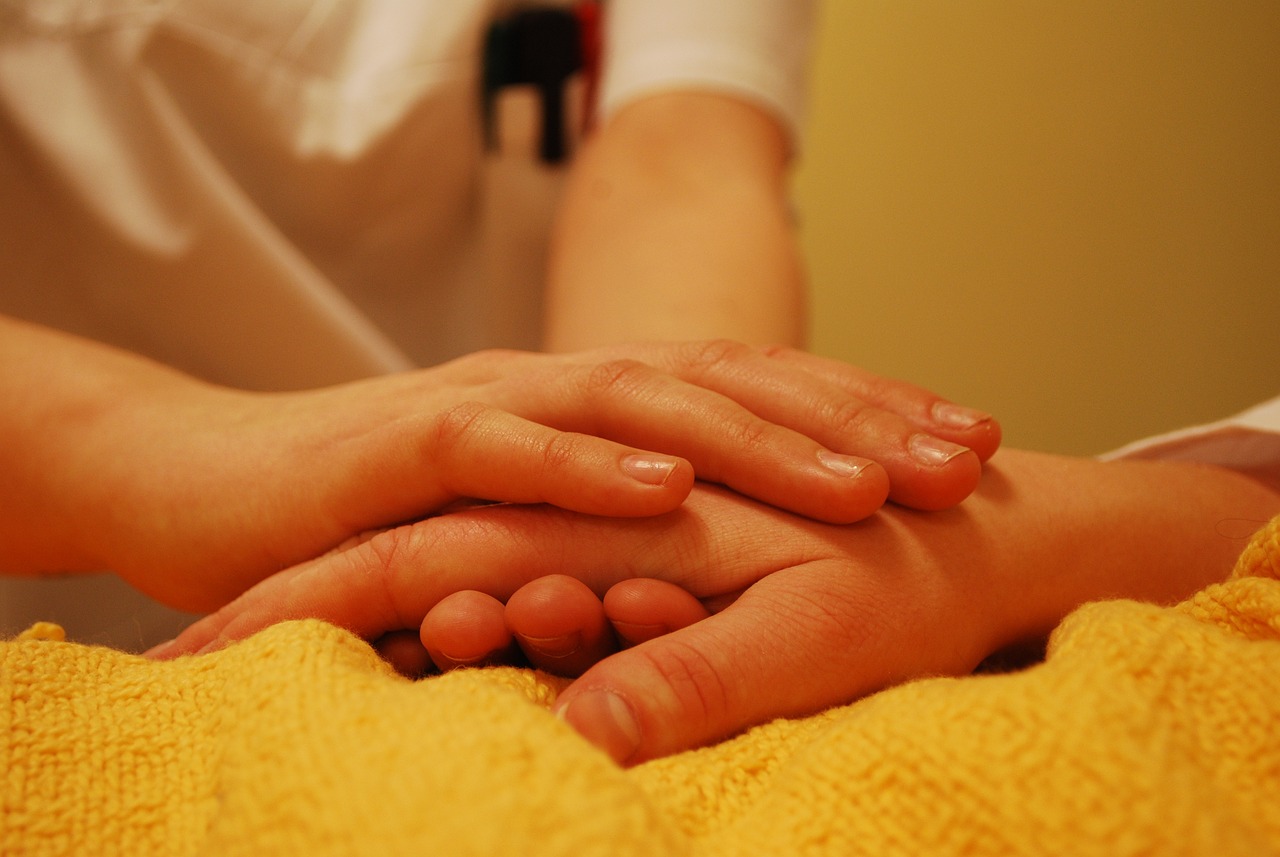
November 25, 2024
People who might require domiciliary care do not always have the same conditions and needs. Each individual is unique and different, and so it is up to you to figure out how to approach these while maintaining dignity, independence and increasing their quality of life for the patient. All the while it’s impossible to narrow down the exact illness, it is possible to identify the different challenges that the patients may face. Cognitive ChallengesCognitive Decline and forgetfulness is one of the most common challenges individuals face when they reach a certain age.…
.jpg)
November 29, 2024
Domiciliary Care provides support and in-home support to individuals who require assistance with daily living due to age, illness, or disability, with a goal of enabling patients to maintain independence whilst ensuring that their health and recovery are met. As part of the Healthcare industry, our task is to act as the bridge in between the patient and the healthcare team. This involves coordinating specialist appointments and transportation as needed. To learn the collaborative role of the Domiciliary Care Professionals, we've listed down the different things that…
.jpg)
December 2, 2024
As a lot of people know, Domiciliary care is about providing home care to the patient. While it could be put like that to be as simple as possible, it is also something a little bit more complex. Due to this complexity, people do get notions and misconceptions about the industry. And today, we’ll discuss them in order to clear up these misconceptions and allow people to better understand the service a lot better. "Caregiving is just about helping with physical tasks like bathing and feeding."While this may seem…
.jpg)
December 4, 2024
We can understand your unease regarding letting domiciliary care workers take over in caring for your loved one, but rest assured that our domiciliary care workers have undertaken training that allows them to provide the highest health-related services to individuals living in their own homes. Core Skills Training for Domiciliary Care WorkersDomiciliary care workers undergo comprehensive training in essential personal care skills, which form the foundation of quality care. These skills are pivotal for ensuring the comfort, dignity, and well-being of clients. Training covers critical areas such as maintaining personal hygiene, assisting…
.jpg)
December 9, 2024
In the UK, approximately 12.5 million people are aged 65 and over, accounting for nearly 18% of the population. This number is projected to grow steadily due to increasing life expectancy and an aging population. By 2040, the number of people aged 85 and over is expected to more than double, significantly impacting the demand for adult social care services.As this demographic grows, domiciliary care has emerged as a preferred option for many families. Reasons for this preference include the ability to remain in familiar surroundings, personalized care, and flexibility in services. Domiciliary care…
.jpg)
December 16, 2024
In Domiciliary care, a patient's well being goes beyond just their immediate medical or physical needs. A crucial yet overlooked aspect in this is the need of a patient to be able to socialize, which means also taking care of their emotional, social and psychological well being. This can take the form of a support group, which is a great source of emotional, social and psychological reinforcement for the patient; most especially for the elderly who might feel disconnected or isolated from their community. Here’s why creating a support group for patients in domiciliary care…
.jpg)
December 18, 2024
Mobility challenges are among the most common issues faced by individuals in domiciliary care. These can range from arthritis and joint pain to mobility difficulties resulting from injuries. Such challenges can significantly affect a person's independence, overall well-being, and quality of life. Recognizing the different types of mobility problems and implementing effective solutions can profoundly enhance their daily living experience.Types of Mobility ProblemsArthritis and Joint PainArthritis and joint pain often manifest as stiffness, swelling, and reduced joint flexibility, significantly hindering a…
_(1).jpg)
January 9, 2025
Home care services are a transformative experience that features offering much-needed support all the while allowing individuals to maintain a sense of independence in a very familiar environment. As the operators of a care provider business, we understand the nuances of the journey of transitioning into home care. Hence, today, we’ll provide a guide for you to know what to expect and how to prepare for the transition. 1. Initial Assessment: Understanding Your NeedsThe first step…
.jpg)
January 17, 2025
As people age, they often become more fragile, sensitive, and susceptible to illnesses due to a weakening immune system. Caring for a loved one during this time can be both challenging and emotionally demanding, especially when they begin to exhibit signs of physical or cognitive decline.Recognizing these signs is crucial. It allows you to better understand their needs and explore appropriate care options to ensure their safety, comfort, and overall well-being.Changes in Physical HealthMobility, balance, coordination, and even cognitive function can decline with age, making it increasingly difficult…
.jpg)
January 22, 2025
One of the undeniable facts about aging is that, much like a person’s physical capabilities, their immune system also starts to weaken. As time goes on, people’s bodies tend to change in response as to how they get sick. And with a weakening immune system, getting sick will start to become more common. Prevention is better than cure. What your immune system does is protect yourself from the various things that can harm your body, preventing you from getting sick. As mentioned earlier, with age also comes an immune system that weakens over…
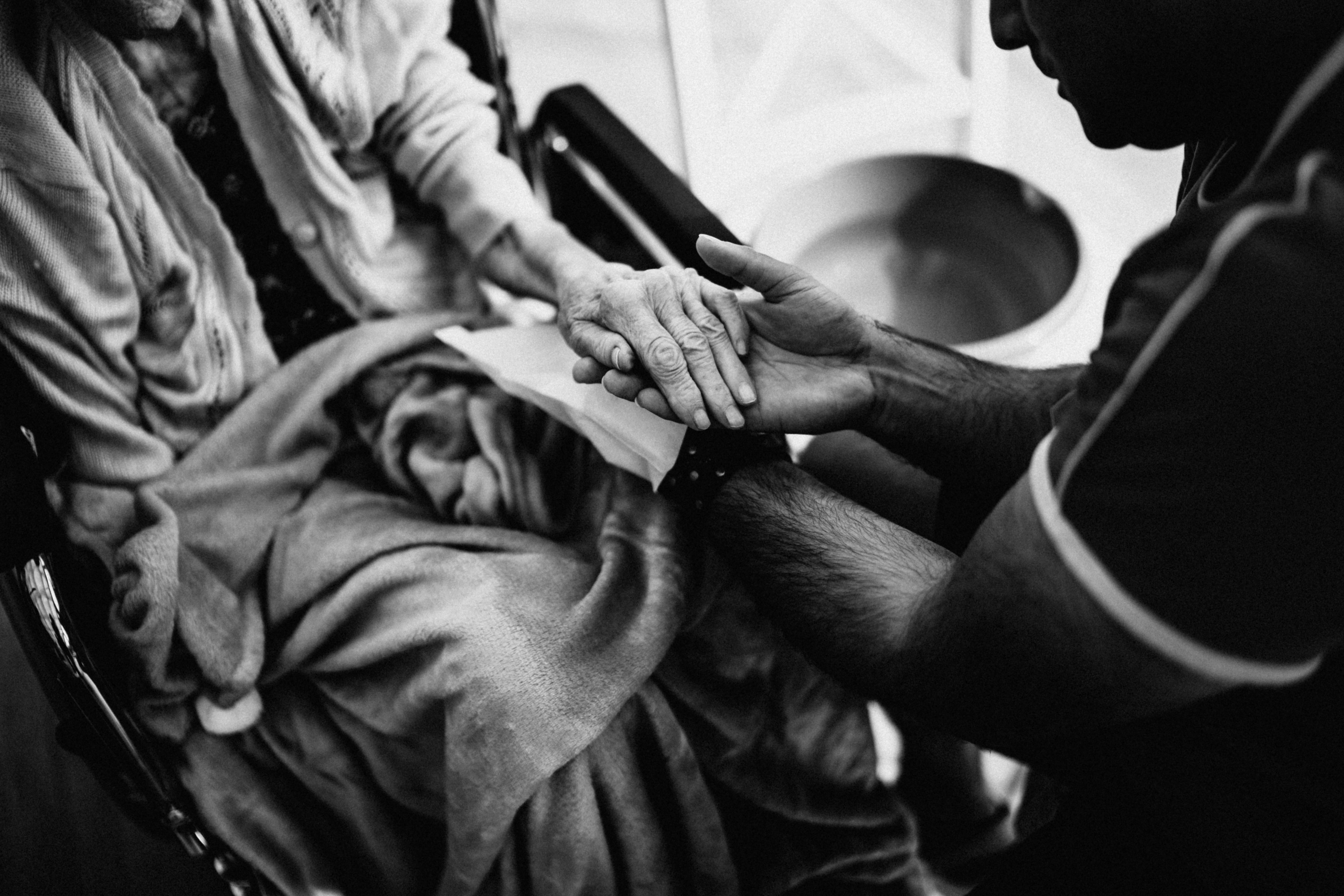
January 24, 2025
As people age, they often become more fragile, sensitive, and susceptible to illnesses due to a weakening immune system. Caring for a loved one during this time can be both challenging and emotionally demanding, especially when they begin to exhibit signs of physical or cognitive decline.Recognizing these signs is crucial. It allows you to better understand their needs and explore appropriate care options to ensure their safety, comfort, and overall well-being.Changes in Physical HealthMobility, balance, coordination, and even cognitive function can decline with age, making it increasingly difficult…
.jpg)
January 27, 2025
In a previous article, we discussed the steps to take if an elderly individual in your care experiences a fall. One of the potential injuries resulting from such incidents, particularly for seniors, is a Traumatic Brain Injury (TBI). This serious condition can impair critical cognitive functions, including thinking, learning, memory retrieval, and information processing. Seniors are especially vulnerable to TBIs due to their declining physical strength and resilience. With accidental falls being the leading cause of TBI in more senior individuals. Complicating matters further, the symptoms of TBIs in seniors often overlap with those of age-related…
.jpg)
January 29, 2025
Emergencies are unpredictable, requiring caregivers to be proactive and prepared with plans tailored to the senior’s specific health and mobility needs. As a caregiver, being vigilant and well-prepared for worst-case scenarios is essential. Preparedness not only reduces risks but also improves response times and ensures the safety and well-being of your patient during chaotic situations. Here, we outline key steps to help you confidently prepare your patient for emergencies.Create a Personalized Emergency PlanUnderstanding your patient’s unique needs is the foundation of effective emergency preparation. This includes accounting for…
.jpg)
January 31, 2025
As people age, many of their normal physical functions begin to decline, leaving them less agile and active than they once were. These age-related pains and ailments can lead to a growing sense of dependence on others, which often contributes to a decline in mental health.This connection between mental health, physical health, and independence is significant. According to Siltz Homelifts, 64.4% of individuals report that their mental well-being is strongly influenced by their level of independence. But why is this the case? The answer lies in dignity.As people age, many of…
.jpg)
February 3, 2025
Winter has arrived, and with it comes plummeting temperatures and seasonal challenges, particularly for the elderly. The combination of increased frailty and weakened immune systems makes seniors more vulnerable to the cold, necessitating extra care and attention. Ensuring their safety, comfort, and well-being during the colder months requires thoughtful preparation.One of the primary concerns during winter is the risk of falls, as icy walkways become increasingly treacherous. Keeping pathways clear of snow and ice is essential, along with improving traction by using salt or sand. Encouraging seniors to wear footwear with non-slip soles can…